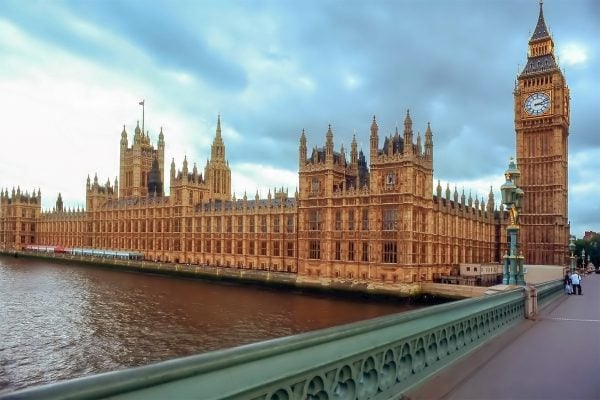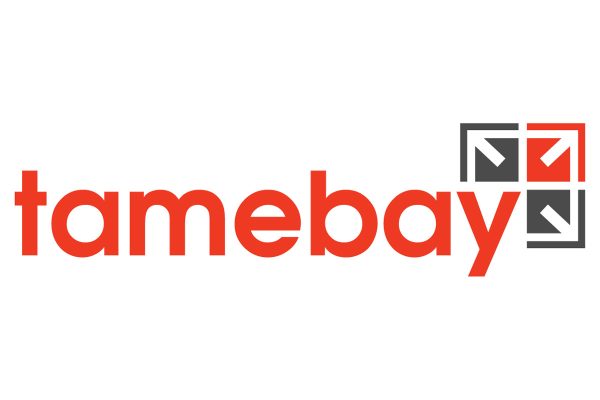Last week, on behalf of the British government, the British finance minister, or Chancellor of the Exchequer, Philip Hammond signalled his intention to pursue what he called an “online sales tax” (dubbed the ‘Amazon Tax’) in the UK with or without international agreement. We wrote about that here. He said of the possible tax last week:
We want to make sure that the high street remains resilient and that we also make sure that taxation is fair between businesses doing business the traditional way and those doing business online.
– Philip Hammond, Chancellor of the Exchequer, UK Government
And a subsequent comment from the leader of the Conservatives in Scotland (Hammond is also a Conservative) is also illuminating:
It’s something he should get his department’s brightest minds to look at immediately. The advance of online firms was designed to offer customers a new way to do business. But if there isn’t a more even playing field between traditional and online businesses, then internet shopping might become the only choice we have.
– Ruth Davidson, Leader, Scottish Conservatives
It has been noted by readers in the comments on the above piece that what is seriously lacking is detail and clarity on how the Chancellor’s suggestion might work. These are 3 key questions we think need answering. You will doubtless have a stack more. What questions should Hammond be answering?
Since Philip Hammond’s statement nearly a week ago it’s notable that no more has been said. It’s not even a case of confusion. It’s just radio silence. The interview he gave to Sky has all the hallmarks of a minister wanting column inches in August. Or one perhaps trialling an idea, and making a suggestion, to gauge the reaction.
(One Tamebay commenter remarked, quite correctly, that it was important to stop referring to Hammond’s indistinct proposals as an ‘Amazon Tax’ and rather give it a more accurate moniker such as an ‘online sales tax’. We are sympathetic to that idea but it’s hard to discern whether it’s accurate. It’s also no good from an SEO perspective.)
Amazon or everyone? That is the question.
It’s easy to target Amazon for not paying enough tax. And the solution there is to tackle the loopholes that exist regarding tax and off-shoring. Plenty of people would agree that Amazon seems to make a lot of money but don’t pay much tax. The opportunity exists to change the law and the government can do that. Brexit will give them even greater freedom. So, is this about great big multi-nationals or online retail? It’s a crucial distinction. We hope for clarification.
Why the distinction between online retail and the high street?
This aspect of the chat is utterly bewildering. Some companies with High Street stores sell very successfully on the internet: see John Lewis. When it comes to retail a mixed approach of virtual and reality is normal. How will the government determine the difference? And why? (And that doesn’t even consider imports and exports.)
Why a new tax at all?
Governments will always want more money. Situation normal. But surely the answer to problems on the High Street isn’t adding a new online tax but rather cutting costs? Reform of Business rates and property rent caps, as well as perhaps, reductions to VAT could be more powerful and easier to implement in the short term.









